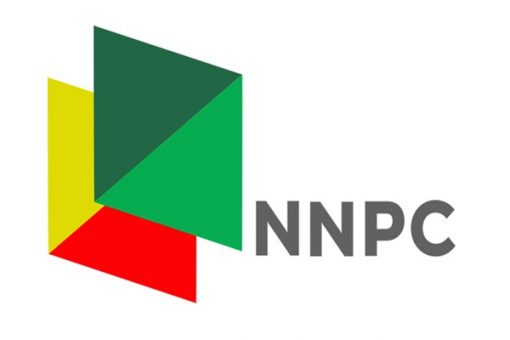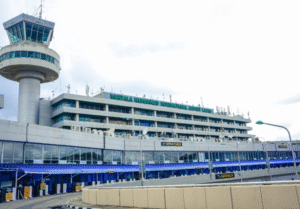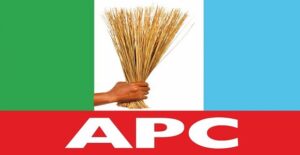
The Nigerian National Petroleum Company Limited has received N318.05bn between January and August 2025 to finance oil exploration in frontier basins, even as government revenue continues to face steep shortfalls.
Documents from the September meeting of the Federation Account Allocation Committee showed that the deductions, representing 30 per cent of Production Sharing Contract profits, were channelled monthly into the Frontier Exploration Fund as provided by the Petroleum Industry Act, 2021.
The fund is designed to bankroll oil search in under-explored basins such as Anambra, Bida, Sokoto, Chad, Benue and Dahomey.
Despite PSC profits generating N1.06tn in the first eight months of the year—far below the N1.58tn projection—NNPCL consistently applied the 30 per cent deductions, accruing N318.05bn. A corresponding sum was also retained as management fees, bringing the company’s total take-home to N636.1bn within the period.
Volatile inflows
An analysis of monthly allocations showed sharp swings. In June, the fund received its lowest allocation at N6.83bn following a slump in PSC profits, while August delivered the highest with N78.94bn after profits surged to N263.13bn.
The FAAC papers revealed that the Federation Account, which takes 40 per cent of PSC profits, has so far earned N424.07bn—still N207.5bn below target. The gap has been worsened by NNPCL’s failure to remit any of its budgeted interim dividend of over N2tn.
The disclosures have triggered heightened scrutiny. A FAAC subcommittee has been set up to review the 30 per cent frontier deductions, engaging the NNPCL, the Nigerian Upstream Petroleum Regulatory Commission and the Central Bank of Nigeria.
Experts split
While oil unions have warned against moves to amend the Petroleum Industry Act, some industry experts are calling for drastic cuts.
Chief Executive of AHA Strategies, Ademola Adigun, faulted the allocation, describing the deductions as “unrealistic and too high,” suggesting a cap of 10 per cent.
But an energy law scholar at the University of Lagos, Professor Dayo Ayoade, urged caution. He stressed that the PIA took nearly two decades of negotiations and compromise, warning against rash amendments.
“I would rather that frontier exploration be liberalised and left to private investors with incentives,” he said, warning that the current model could undermine fiscal federalism and NNPCL’s commercial credibility.
Presidency steps in
At last month’s Federal Executive Council meeting, President Bola Tinubu ordered a review of deductions and revenue retention practices across major agencies, including NNPCL.
The directive forms part of broader economic reforms to boost public savings, enhance fiscal efficiency and strengthen investor confidence.
However, oil workers’ unions have already cautioned against altering the current structure, warning that it could weaken the industry and threaten jobs.
With divergent voices emerging from government, industry and labour, the debate over Nigeria’s oil frontier fund is set to intensify in the months ahead.







